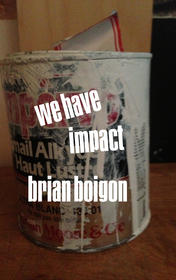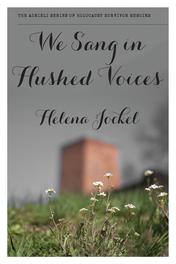
We Are Coming Home
"I brought a sacred headdress to an aaawaahskataiki (ceremonial grandparent) of the women's Maotoki society. Before leaving the museum, I had stuffed the headpiece with acid-free tissue, carefully folded the trailer around more tissue, and placed the entire piece in an acid-free archival box, padding out space with yet more tissue. When I brought the package into the elder's home, she gased with horror. The tissue was rapidly discarded and the headdress was rolled tightly, wrapped in a cloth, and secured with twine. It was, in fact, swaddled, much the way a newborn baby is enclosed for care and protection. Here, again, was an alternative way of understanding what these sacred objects are and how they should be cared for. Over time, I have also come to appreciate that the use fo these items is not detrimental to their well-being. In fact, their participation in ceremonies keeps them alive and vibrant."



We Have Impact explores how much design influences our everyday lives. Divided into a series of short essays, We Have Impact speculates on the origin of established social conventions like the weekend, common object like a tube of toothpaste, and natural phenomena like snow. What all of these essays have in common is the question: do our lives shape design or does design shape our lives? Do we have impact? Or, are we only designed to believe we do? Design as a proto-functional way of life in an artificial construct. It has been ushered into our daily routines by postwar advertising and meaningless twenty-first century lifestyle branding brought to us by companies like Ford, Apple and McDonalds, fictional heroes like Lara Croft, Bruce Wayne and Harry Potter, and groups of game console architects like Red vs Blue at Bungie. Given the armada of influences now surrounding our decisions, We Have Impact proposes that every move we make is, in essence, designed.






